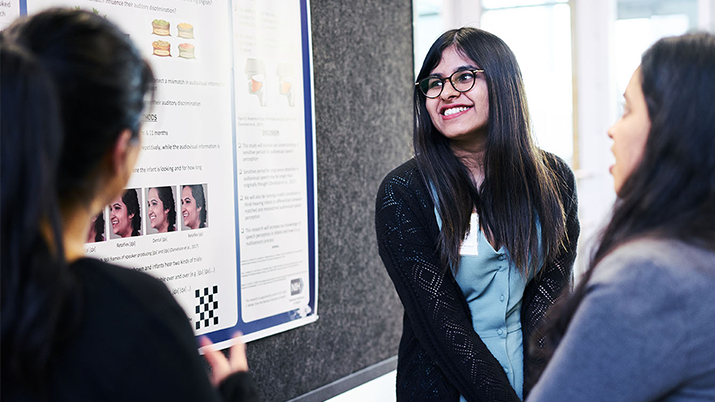

Dr. Liisa Galea has been named a new member of the Canadian Institutes of Health Research (CIHR)’s Institute Advisory Board for Gender and Health (IGH).
Dr. Galea, a neuroscientist and professor in the department of psychology at UBC, specializes in how sex hormones, stress and biological factors influence brain health and disease in both men and women.
As a member of the advisory board, Dr. Galea will collaborate with a diverse network of gender, sex and health researchers and stakeholders to champion health research, share her knowledge and expertise of how sex and gender influence health, and provide guidance on how to communicate and apply research findings to support the health of Canadians.
“I am honoured to have been chosen to serve on the CIHR IGH Advisory Board,” says Liisa Galea. “I look forward to serving the community—and listening and acting on issues important to the IGH. I hope to use my expertise to shed light on how the study of sex differences is only a first step towards a better understanding of factors that are important for women or men’s health.”
Beginning in September 2018, Dr. Galea will be a member of the CIHR IGH Advisory Board for a three-year term.
Connect with Dr. Galea on her website or on Twitter @LiisaGalea.
BACKGROUND
- The Canadian Institutes of Health Research (CIHR) is the Government of Canada’s health research investment agency. CIHR’s mission is to create new scientific knowledge and to enable its translation into improved health, more effective health services and products, and a strengthened health care system for Canadians. Composed of 13 Institutes, CIHR provides leadership and support to more than 13,200 health researchers and trainees across Canada.
- As part of the Canadian Institutes of Health Research, the Institute of Gender and Health is an international leader in fostering research that explores how sex and gender influence health. Through their commitment to knowledge translation, they facilitate the application of these research findings to address pressing health challenges facing men, women, girls, boys and gender diverse people.


